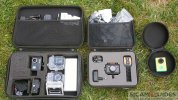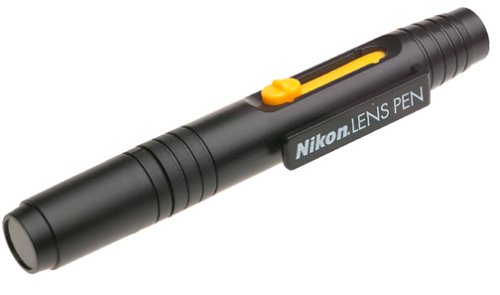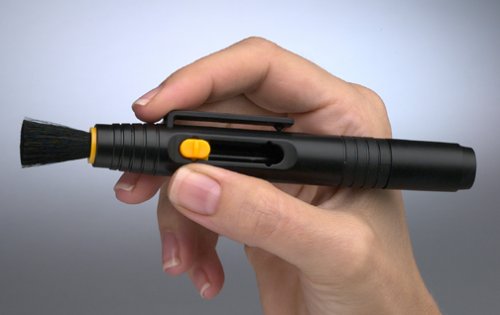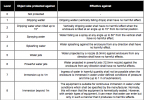The fact is, the very first time you wipe a dry dusty lens with your T-shirt you are causing hundreds of tiny scratches that are already causing a deterioration in the image quality. Basically, the tiny scratches will begin to scatter light which will give your images less contrast and fine detail even if the lens still "appears" sharp to you for the time being. You may not notice from video to video but the changes and increasing haze are surely happening. Chances are very likely that the cameras you have will function much longer than the incremental damage you are inflicting on your lenses.
Sadly, you are expressing an attitude all too common in today's "throw away" society. Of course, manufacturers are delighted with customers who feel this way but with the exception of replacing the battery there is no reason a dash camera can't last many years. Wiping a lens with a T-shirt which is full of tiny particles of grit just from wearing it around is just abusing the camera. Doing that to a sweet little well made device like a SJCam M-10 for example, which should last for years as a rugged action cam seems a shame.
Even if the camera fails, a well cared for lens should last virtually forever. When I've had a dash cam fail like some of the early ones I've purchased over the last 5 years I always keep the lens (and other parts) for use in a future DIY project. In a few instances, I've used those lenses from older cameras in other cameras for dramatically improved results or a different FOV.
This discussion makes me think of the cameras I used when I was a little boy and first got interested in photography. I cherished these otherwise inexpensive amateur cameras and took good care of them as I did with more sophisticated cameras I owned as a teenager and later. I still own many of them, they still function and a few of them are now valuable as collectors items.
View attachment 15917






